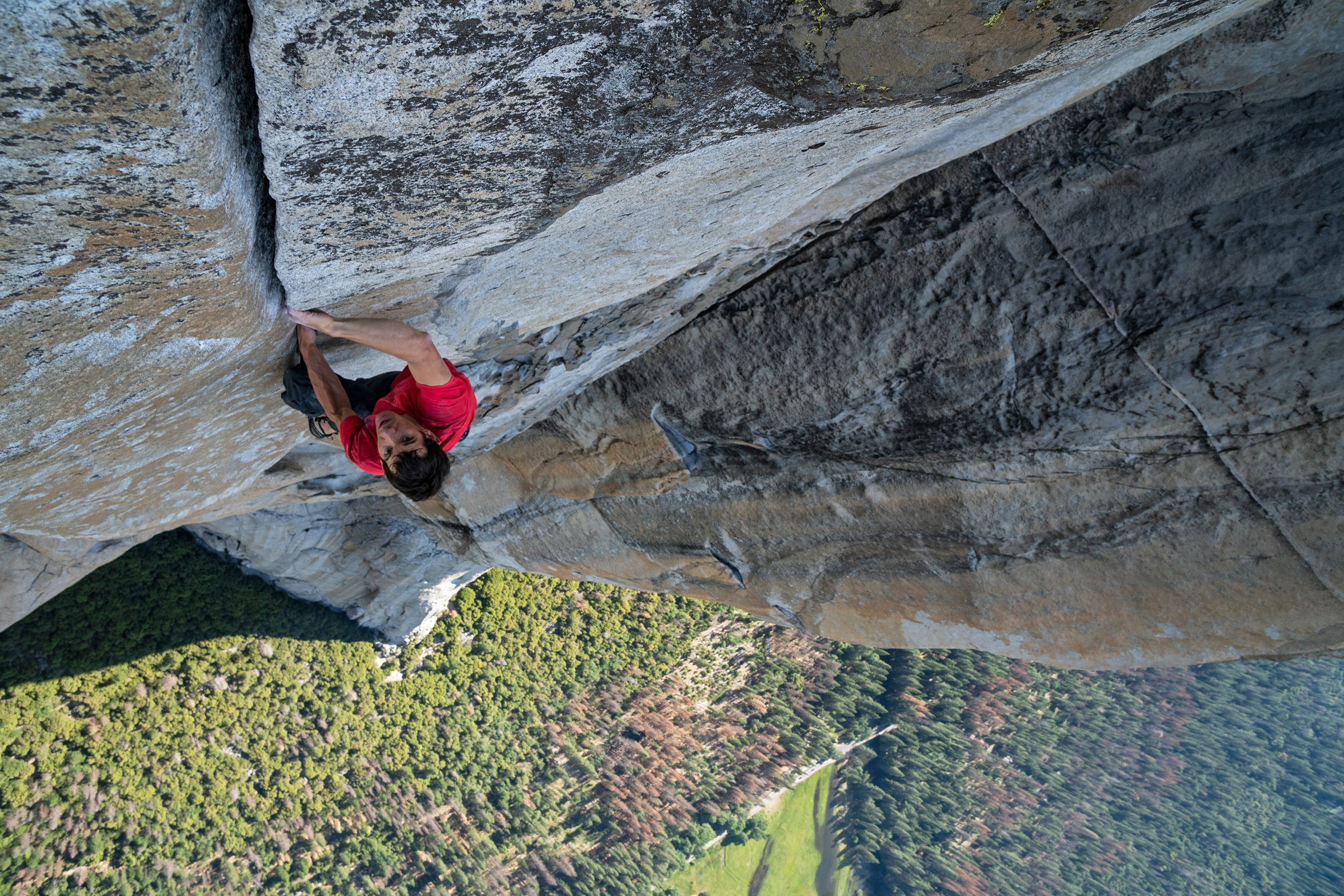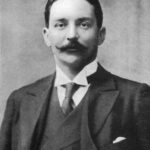Alex Honnold, renowned for his breathtaking free solo ascents, particularly of El Capitan’s Freerider, has become a subject of intense fascination and debate within the climbing community. While “Free Solo,” the Oscar-winning documentary chronicling this feat, brought him global recognition, a key question lingers: Did Alex Honnold Stop Free Soloing after his El Capitan climb?
 Alex Honnold on El Capitan's Freerider
Alex Honnold on El Capitan's Freerider
Honnold’s free solos, pushing the boundaries of human potential, are undeniably awe-inspiring. However, they’re also incredibly risky, sparking concern among fellow climbers and loved ones. “Free Solo” itself captures this tension, showcasing Honnold’s unwavering drive alongside the anxieties of those closest to him. The film doesn’t shy away from portraying the emotional toll Honnold’s pursuits take on his relationships.
While the film celebrates Honnold’s achievement, it also subtly reveals the inherent dangers and the dissenting voices surrounding free soloing. Tommy Caldwell, Peter Croft, and even Honnold’s girlfriend, Sanni McCandless, express their reservations and concerns. This internal conflict – admiration for the accomplishment versus apprehension for the risk – is central to understanding Honnold’s continued pursuit of free soloing.
Honnold’s Perspective: A Deeper Dive
“Free Solo” provides unprecedented insight into Honnold’s psyche. He articulates his love for soloing, describing it as a pure expression of self and a way to confront his own mortality. Yet, the film also reveals a complex individual grappling with emotional detachment and a relentless pursuit of perfection. This portrayal challenges the previously held image of Honnold as simply a fearless adventurer.
 Alex Honnold on El Capitan's Freerider
Alex Honnold on El Capitan's Freerider
Honnold’s own words, in a podcast interview with Tim Ferriss, shed light on his internal struggles with depression and a sense of “flatness.” He describes a cycle of feeling worthless, using climbing as a means to feel less so, yet ultimately returning to that feeling, perpetuating a need for increasingly challenging climbs. This raises the question: Does free soloing serve as a coping mechanism for deeper emotional challenges?
The Media’s Role and Influence
The film also examines the media’s role in potentially influencing Honnold’s decisions. Did the presence of a film crew contribute to his drive to complete the climb? Did it provide a safety net, allowing him to bail with support if needed, thereby lowering the psychological barrier? These questions remain open to interpretation. However, it’s undeniable that the media, by documenting and celebrating Honnold’s exploits, contributes to his public image and the demand for more daring feats.
Furthermore, the film subtly critiques the tendency of climbing media to glorify risky behavior. It draws parallels to past figures like Dan Osman and Dean Potter, who ultimately perished while pushing the limits. This raises a crucial question: Does celebrating such risks inadvertently encourage others to follow suit, potentially with tragic consequences?
The Future of Free Soloing for Honnold
While “Free Solo” doesn’t definitively answer whether Honnold completely stopped free soloing, it provides a nuanced understanding of his motivations and the complexities surrounding this dangerous pursuit. The film suggests that the drive to free solo might stem from deeper personal struggles, and that the media’s attention plays a significant role in shaping his choices. Ultimately, the decision to continue or stop free soloing rests with Honnold himself. However, “Free Solo” serves as a powerful reflection on the risks, rewards, and ethical considerations surrounding this extreme form of climbing. The film leaves the audience pondering not just Honnold’s future, but also the broader implications of celebrating and documenting such endeavors.
